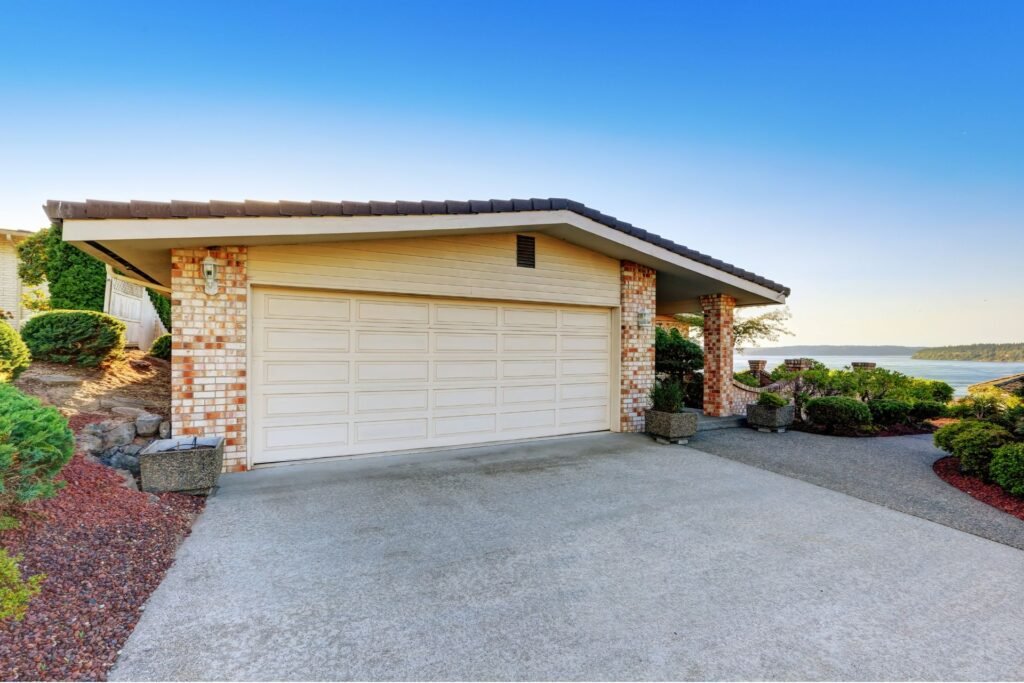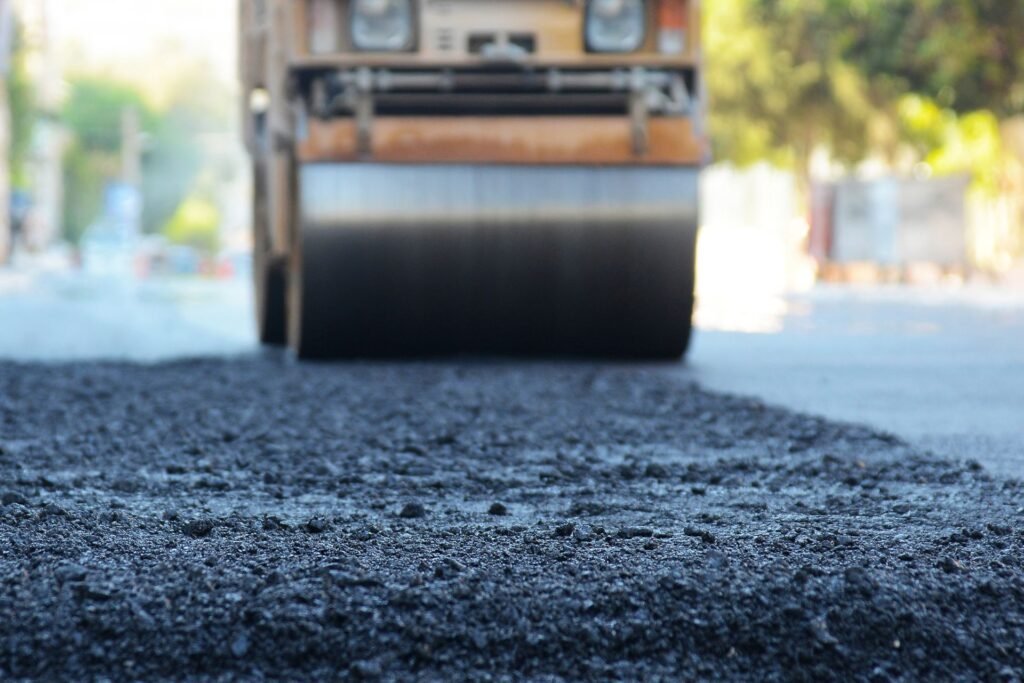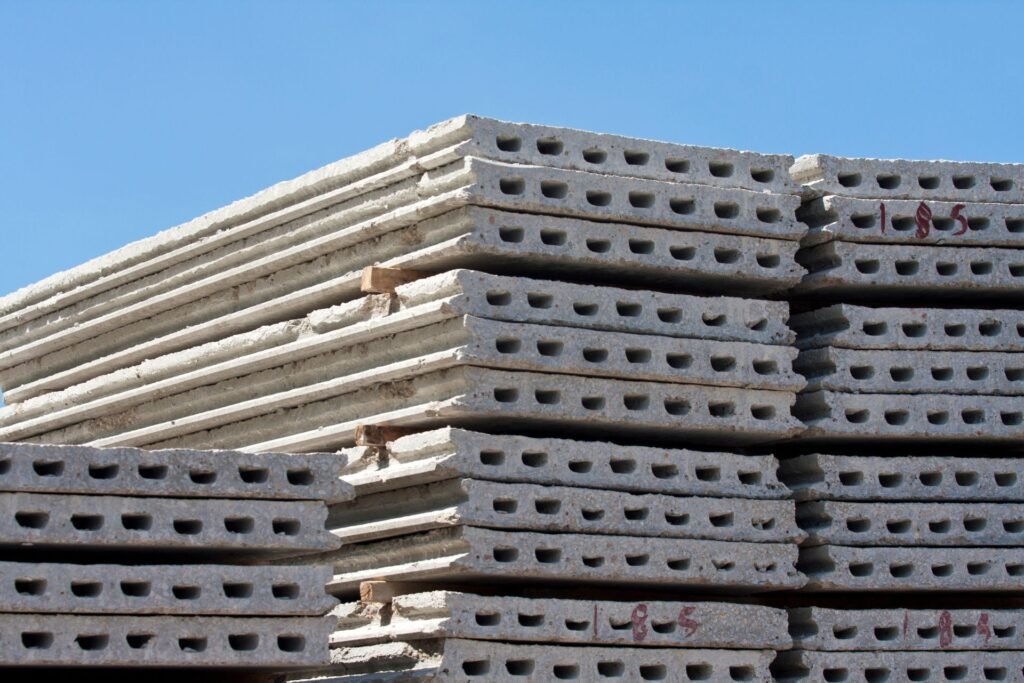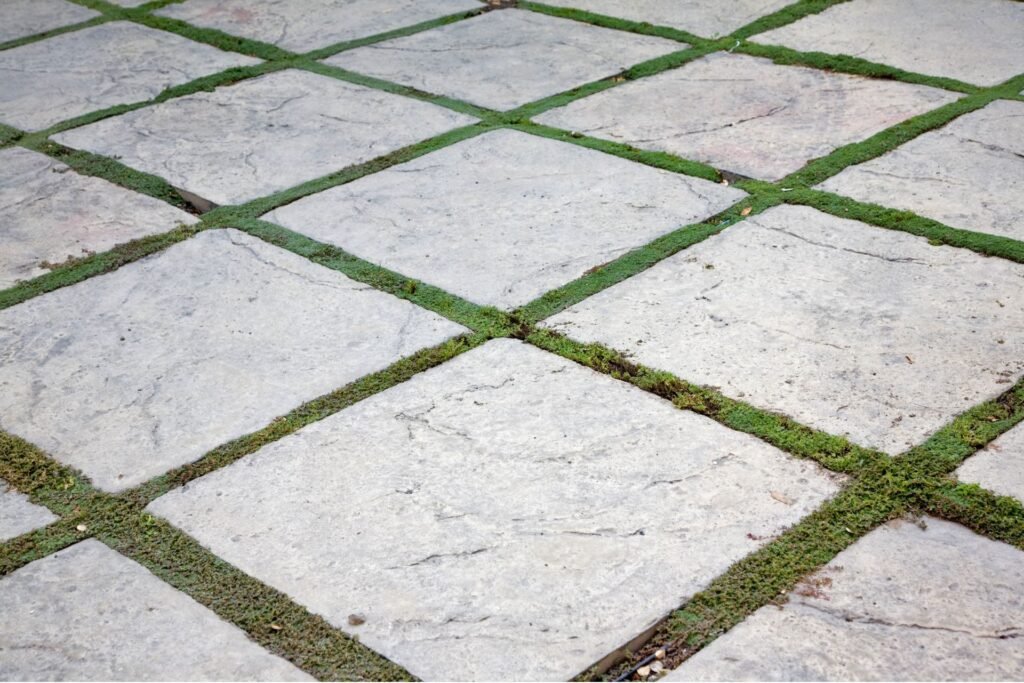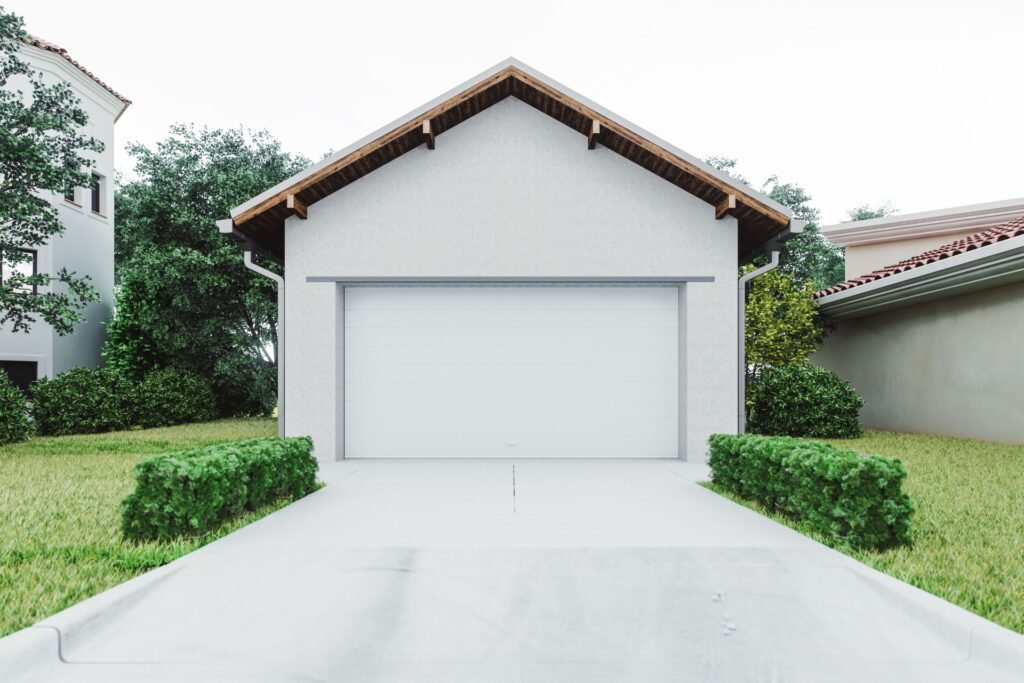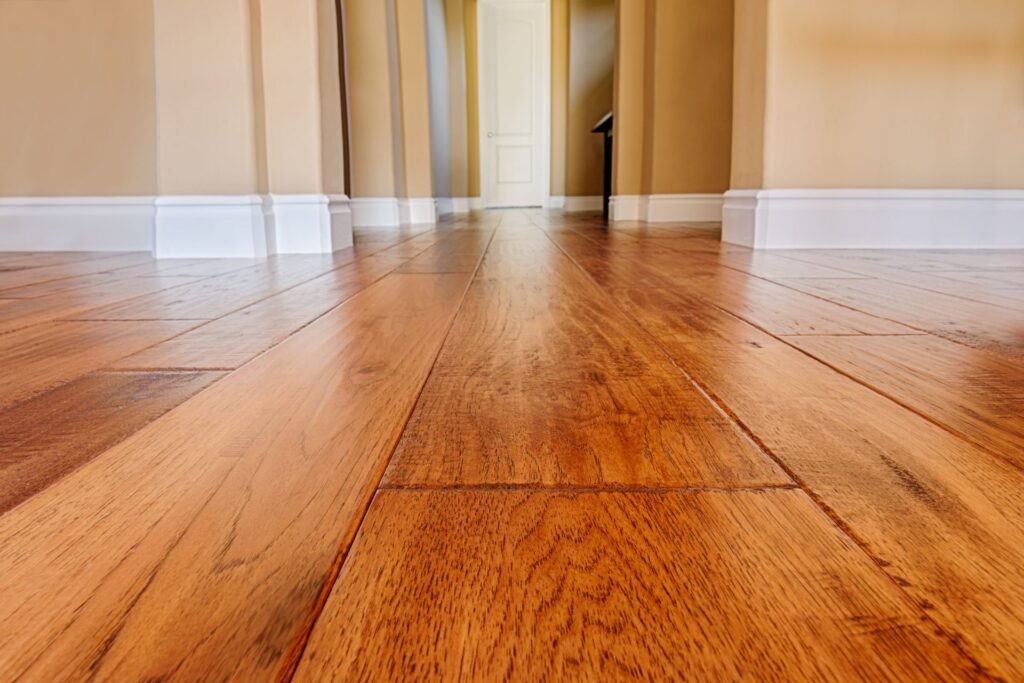Welcome to your comprehensive guide on the costs and benefits of concrete driveways in New Zealand. In this article, we’ll delve into why concrete is such a popular choice for homeowners, exploring its durability, aesthetic flexibility, and overall value. Whether you’re considering replacing an old driveway or installing a new one, understanding the factors that affect the cost can help you make an informed decision. From the types of concrete available to labor costs and potential additional features, we cover all the essential information to guide you through the decision-making process and ensure that you are well-prepared to take on this home improvement project.
On average, installing a concrete driveway in New Zealand costs between NZ$100 to NZ$150 per square meter for standard concrete. Prices can vary significantly based on the type of concrete, the size and layout of the driveway, and additional design features like coloring or stamping. Additional costs may arise from labor, site preparation, and regional pricing differences. Understanding these factors will help you budget appropriately and ensure you invest wisely in enhancing your property’s curb appeal and functionality.
Table of Contents
Basics Of Concrete Driveways
When considering home improvement projects, installing a concrete driveway is a smart investment due to its combination of durability, aesthetic appeal, and low maintenance. This guide offers a comprehensive look at the basics of concrete driveways, covering everything from their definition to the different types available, helping homeowners make informed decisions.
What is a Concrete Driveway?
A concrete driveway is a permanent, robust installation primarily made from cement, water, and aggregate (like sand or gravel). Unlike other materials, concrete offers a unique blend of strength and versatility, making it ideal for driveways that endure frequent use and varying weather conditions. It serves not just as a functional pathway for vehicles but also significantly enhances the curb appeal of your property.
Key Benefits of Concrete Driveways
1. Durability: Concrete is known for its exceptional longevity. A well-constructed concrete driveway can last 30 years or more with minimal upkeep, resisting wear and tear from traffic, weather, and heavy loads.
2. Aesthetic Appeal: Modern concrete driveways are far from bland; they can be customized to complement your home’s exterior through various finishes and colors.
3. Low Maintenance: Unlike asphalt, which requires periodic resealing, concrete driveways need only occasional cleaning and sealing to maintain their look and durability.
Types of Concrete Driveways
Concrete driveways come in several types, each offering unique visual and functional attributes:
1. Plain Concrete: The simplest form, plain concrete, is known for its clean, unadorned finish and grey color. It’s popular for its affordability and straightforward installation.
2. Colored Concrete: By adding pigments to the concrete mix, colored concrete driveways can be tailored to match or contrast with your home’s exterior. This type is favored for its ability to personalize the aesthetic of your driveway.
3. Stamped Concrete: Also known as imprinted or textured concrete, stamped concrete replicates the look of stones, tiles, bricks, and other textures. This process involves pressing molds into the concrete before it sets. Stamped concrete is celebrated for its decorative appeal, which adds a distinctive touch without the cost of actual stone or brick.
Each type of concrete driveway has its own set of benefits, catering to different tastes and functional requirements. Whether you choose plain, colored, or stamped concrete, each option provides a durable, low-maintenance, and aesthetically pleasing solution for your home’s entrance.
By understanding these fundamental aspects, homeowners can better appreciate the practical and visual benefits of concrete driveways, ensuring they choose the right type to suit their needs and enhance their property’s value.

Factors Affecting The Cost Of Concrete Driveways
When considering the installation of a new driveway, concrete is often a top choice due to its durability and aesthetic versatility. However, the cost of a concrete driveway can vary significantly based on several factors. This detailed guide will explore the primary elements that influence the pricing of concrete driveways, helping homeowners make informed decisions about their driveway projects.
Materials: Choosing the Right Concrete Mix
The selection of materials is a critical first step in determining the cost of a concrete driveway. Concrete mixes can vary based on strength, durability, and finish quality, all of which impact the price:
Types of Concrete Mixes: Standard concrete mixes are generally affordable and suitable for basic driveways. However, for areas experiencing extreme weather conditions or heavy traffic, high-performance mixes with enhanced durability features may be required, which can increase the cost.
Cost Comparison with Other Materials: It’s beneficial to compare concrete with alternative materials like asphalt or gravel. Asphalt might be less expensive initially but often requires more frequent repairs and maintenance. Gravel is cheaper and easier to install but is less durable and can shift over time. Concrete, while initially more costly, often proves to be more economical in the long term due to its longevity.
Size and Layout: Calculating Your Needs
The dimensions and the design of the driveway play a significant role in the overall expenditure:
Impact of Size and Layout: Larger driveways and those with complex layouts (e.g., multiple curves or inclines) require more materials and labor, which elevates the cost.
Example Calculations: For a basic understanding, consider that a small single-car concrete driveway might range from 180 to 240 square feet. A double-car driveway typically measures between 400 and 600 square feet, while larger or custom designs will exceed these dimensions, proportionally increasing the price.
Labor Costs: DIY vs. Professional Installation
Labor is another significant component of the overall cost:
Labor Costs in New Zealand: In regions like New Zealand, where labor costs can be high, opting for professional installation significantly affects the budget.
DIY vs. Professional Installation: While DIY might seem like a cost-effective option, it requires skill, time, and the potential rental of specific equipment. Professional installation, although more expensive, ensures a high-quality, durable result and often comes with warranties or guarantees.
Additional Features: Enhancing Your Driveway
Adding decorative features or necessary infrastructure can also influence the final cost:
Decorative Aspects: Options like stamping, coloring, or polished finishes add aesthetic value but also increase the cost due to additional materials and the expertise required during installation.
Drainage Systems: Proper drainage is crucial to maintaining the integrity of a driveway. The installation of drainage systems will add to the initial costs but save on potential future repairs due to water damage.
The cost of a concrete driveway is influenced by a variety of factors, including the choice of materials, the size and layout of the project, labor costs, and any additional features. By understanding these aspects, homeowners can better plan their budgets and choose the right options to meet their needs and preferences. When planning a concrete driveway installation, always consider both the initial investment and the long-term benefits to maximize value.

Preparing For Your Driveway Installation
Embarking on a driveway installation project requires thorough preparation to ensure its success and compliance with local standards. Whether you’re enhancing your home’s curb appeal or improving its functionality, understanding the necessary steps and legal considerations is crucial. Here’s an in-depth look at how to prepare for your driveway installation, focusing on site preparation and legal requirements in New Zealand.
Site Preparation: Key Steps and Cost Implications
1. Clearing the Site: The first step in preparing for a driveway installation involves clearing the site of any obstacles, such as vegetation, rocks, or existing structures that are in the way. This process ensures that the ground is accessible and ready for further excavation.
2. Excavation: After clearing the site, the next step is to excavate to the required depth. This involves removing soil and other materials to create a level base for the driveway. The depth of excavation depends on the type of driveway material to be used and the soil condition of your property.
3. Grading: Proper grading is essential for drainage and the longevity of the driveway. This process involves leveling and sloping the ground so that water runs off the driveway surface, preventing water accumulation that can lead to damage over time.
Cost Implications: The extent of site preparation required can significantly affect the total cost of your driveway project. Factors like the size of the area, the amount of vegetation, and soil conditions can influence the workload and the resources needed, thus impacting the overall budget.
Legal Considerations: Permits and Regulations in New Zealand
1. Permits for Driveway Installation: In New Zealand, obtaining a permit before starting driveway installation is often necessary, especially if the work involves access to a public road or significant alterations to landscape and drainage systems. The specific requirements can vary by local council, so it’s important to check with your local authorities.
2. Compliance with Local Regulations: Compliance with local regulations is crucial to avoid legal issues and additional costs. These regulations may include specifications on the width and materials of the driveway, as well as its impact on public pathways and neighboring properties. Non-compliance can result in fines and the need to redo parts of or the entire project.
Cost Implications: The cost of obtaining permits and ensuring compliance with local regulations should be factored into the overall budget. Although this might increase the initial investment, it helps avoid future penalties and additional reconstruction costs.
Properly preparing for your driveway installation is critical not only to achieve a functional and aesthetically pleasing outcome but also to ensure it adheres to local legal standards. By understanding the steps involved in site preparation and familiarizing yourself with the necessary legal considerations in New Zealand, you can set your project up for success. Plan carefully, budget accordingly, and consult professionals to navigate any complexities involved in the installation process.

Cost Breakdown And Budgeting Tips
When planning to install a concrete driveway in New Zealand, understanding the cost components and how to budget effectively is essential for a successful project. This guide provides a detailed overview of average cost estimates and practical budgeting tips tailored for homeowners in New Zealand.
Average Cost Estimates for Concrete Driveways in NZ
The cost of a concrete driveway in New Zealand varies based on several factors, including the size of the driveway, the type of concrete finish, and regional pricing differences. On average, homeowners can expect to pay between $60 to $150 per square meter for a standard concrete driveway. However, for more decorative options such as colored, stamped, or exposed aggregate concrete, prices can range from $100 to $180 per square meter.
Regional Cost Variations
Auckland and Wellington: Due to higher living costs and demand for services, prices tend to be at the upper end of the spectrum.
Christchurch and Dunedin: Costs in these areas may be slightly lower, reflecting the general cost of living and local market conditions.
These prices are inclusive of materials, labor, and site preparation but can vary depending on accessibility, complexity of the job, and the current price of concrete.
How to Budget for Your Concrete Driveway
Budgeting for your driveway involves more than just accounting for the cost of concrete. Here are some tips to help you manage your finances effectively while ensuring quality:
1. Get Multiple Quotes: Always seek multiple estimates from reputable contractors. This will give you a clearer idea of the budget required and help ensure that you are getting competitive and fair pricing.
2. Consider Long-Term Value: Opting for the cheapest quote might be tempting, but consider the long-term value. Investing in a slightly more expensive option might offer better durability and less need for repairs, which saves money over time.
3. Set a Contingency Fund: Unexpected costs can arise during driveway installation. Setting aside 10-15% of your total budget as a contingency fund can help manage these surprises without stress.
4. DIY Some Tasks: If you’re handy, consider doing some of the work yourself, such as removing any existing driveway material or preparing the site. Ensure you consult with your contractor about what is safe and effective for you to handle.
5. Plan for Future Maintenance: Consider the maintenance costs in your budget. Concrete sealant, which should be applied every few years, can protect the driveway from stains and cracks, thus extending its lifespan.
By understanding the costs involved and adopting sound budgeting practices, you can ensure that your concrete driveway project in New Zealand is both successful and cost-effective. Remember, a well-planned driveway not only enhances the curb appeal of your property but also adds significant value in the long run.

Choosing The Right Contractor
Selecting the right contractor is crucial for any home improvement project, especially when it comes to installing or renovating your driveway. A reliable contractor not only ensures quality work but also provides peace of mind. Here’s how you can find and choose the right driveway contractor and evaluate their quotes effectively.
Finding a Reliable Contractor
What to Look for in a Driveway Contractor
When searching for a driveway contractor, there are several key factors you should consider to ensure they are reliable and capable of delivering a high-quality driveway:
1. Experience and Specialization: Look for a contractor with extensive experience specifically in driveway projects. Specialization in driveway installation and maintenance is a good indicator of skilled workmanship.
2. Licenses and Insurance: Ensure that the contractor has the necessary licenses to operate in your area and carries insurance. This protects you in case of accidents or property damage during the project.
3. Reputation and Reviews: Check online reviews and testimonials from previous clients. A contractor with positive feedback and a good reputation is likely a reliable choice. You can also ask for references and speak directly with former clients.
4. Portfolio of Work: Request photos or addresses of past projects. Visiting a recently completed project can give you a sense of the quality and style of their work.
Questions to Ask Potential Contractors
Before hiring a contractor, it’s important to conduct an interview to assess their suitability for your project. Here are some essential questions to ask:
- How long have you been in the driveway business?
- Can you provide proof of insurance and licensing?
- How many driveway projects have you completed in the past year?
- Can you provide references or a portfolio of your past work?
- What type of materials do you recommend for my driveway and why?
- What is the projected timeline for my driveway project?
- How do you handle unexpected issues or delays?
Asking these questions will help you gauge the contractor’s expertise, reliability, and customer service approach.
Evaluating Quotes
How to Understand and Evaluate Contractor Quotes
Understanding and evaluating contractor quotes is vital to ensure you get the best value and avoid overpaying for your driveway project. When reviewing quotes, consider the following:
1. Detail and Clarity: A good quote should be detailed and itemize all costs, including materials, labor, and any additional fees. This transparency helps prevent unexpected costs.
2. Materials and Methods: Compare what types of materials and construction methods are included. Higher quality materials might be more expensive but can offer better longevity and aesthetics.
3. Warranty and Follow-Up Service: Check if the quote includes warranties or guarantees. A contractor who offers a warranty shows confidence in their work and ensures you’re covered for any post-installation issues.
Red Flags to Avoid in Quotes and Contractor Behaviors
Be cautious of certain red flags that might indicate a contractor is not reliable:
1. Suspiciously Low Quotes: While it might be tempting, extremely low quotes often mean subpar materials or cutting corners in installation.
2. High-Pressure Sales Tactics: Contractors who pressure you to make a quick decision often do not have your best interests in mind.
3. Lack of Detail in the Quote: Quotes that lack detail or clarity might lead to hidden costs down the road.
4. Requesting Full Payment Upfront: It’s normal to pay a deposit, but paying the full amount before work begins is risky.
By thoroughly researching contractors and carefully evaluating their quotes, you can ensure that your driveway project is successful and adds value to your property. Remember, the right contractor is key to a driveway that not only looks great but also lasts for years.

Maintenance And Longevity
Maintaining Your Concrete Driveway
When it comes to ensuring the longevity and aesthetic appeal of your concrete driveway, routine maintenance is key. Not only does this help in keeping your driveway looking new, but it also extends its lifespan, saving you money and hassle in the long run. Here are some essential tips and strategies to help you maintain your concrete driveway effectively:
Routine Maintenance Tips
1. Regular Cleaning: Sweep your driveway regularly to remove dirt, leaves, and other debris. Additionally, pressure washing your driveway once or twice a year can help remove tougher stains and buildup that a simple sweep cannot.
2. Prompt Stain Removal: Oil, grease, and other spillages can leave permanent stains if not addressed promptly. Use a quality degreaser and follow the manufacturer’s instructions for application. For organic stains like leaves or grass, household detergent mixed with water can be effective.
3. Sealing: Apply a high-quality concrete sealer every two to three years to protect your driveway from moisture absorption, weather conditions, and chemical corrosion. This not only enhances the appearance of your driveway but also protects its structural integrity.
Long-Term Care Strategies to Maximize Lifespan
Avoid Chemical Deicers: In winter, avoid using chemical deicers as they can cause surface damage over time. Opt for safer alternatives like sand or cat litter for traction.
Control Load: Avoid parking heavy vehicles, like large trucks or RVs, on your driveway as excessive weight can cause cracking and other structural damages.
Repair Cracks Promptly: Even small cracks can turn into large ones if water seeps in and freezes, expanding the crack. Fill any cracks as soon as they appear to prevent further damage.
Troubleshooting Common Issues with Concrete Driveways
Even with the best maintenance routines, issues can still arise with concrete driveways. Understanding these common problems and knowing how to address them can help you keep your driveway in top condition.
Common Problems and Solutions
Cracking: Cracks are often caused by weather changes, substandard installation, or heavy loads. To repair cracks, clean them thoroughly and then use a concrete crack filler designed for outdoor use.
Discoloration: This can be caused by weather exposure, oil, grease, or the type of materials used in a concrete mix. To address discoloration, cleaning the surface with a specialized concrete cleaner and resealing it can often restore its original look.
Scaling: Scaling occurs when the surface of the concrete peels away. This is often due to exposure to freeze-thaw cycles without adequate concrete sealer. Prevent scaling by ensuring your driveway is properly sealed.
Maintaining your concrete driveway doesn’t just enhance your property’s curb appeal; it also ensures that the driveway remains functional and durable for years to come. By following these tips and addressing common issues promptly, you can maximize the lifespan of your driveway and enjoy the benefits of a well-maintained property.

FAQs: About Concrete Driveway Cost NZ
What are the main types of concrete used for driveways in New Zealand?
The main types include plain concrete, colored concrete, and stamped concrete, each offering different aesthetics and durability levels.
How does the size of the driveway impact the overall cost?
The cost increases with the size of the driveway since more materials and labor are required. Layout complexity can also affect the price.
Are there significant differences in labor costs across New Zealand?
Yes, labor costs can vary widely depending on the region. Urban areas typically have higher labor costs compared to rural areas.
What additional features can increase the cost of a concrete driveway?
Features such as decorative stamping, coloring, special finishes, and built-in drainage systems can all increase the cost.
Is it cheaper to install a concrete driveway myself?
While DIY can reduce labor costs, professional installation ensures durability and proper completion. DIY without experience can lead to increased costs due to potential errors.
What should I consider when choosing a contractor for my concrete driveway?
Look for experience, licensing, insurance, past project examples, and customer reviews. Also, compare quotes and check for hidden costs.
How do I maintain my concrete driveway to ensure it lasts?
Regular cleaning, resealing every few years, promptly repairing cracks, and avoiding harsh chemicals are key to maintaining a concrete driveway.
Can the weather in New Zealand affect the installation and longevity of a concrete driveway?
Yes, extreme weather conditions can affect setting times and overall durability. It’s best to install it in moderate temperatures.
What legal considerations do I need to keep in mind before installing a concrete driveway?
Check local council regulations regarding driveway installations, which may require permits or have specific requirements related to drainage or environmental impact.
How can I save money on my concrete driveway installation without compromising quality?
Compare quotes, choose straightforward designs, opt for standard concrete without added decorative features, and plan the project during off-peak seasons for potentially lower costs.
Conclusion
Understanding the costs associated with installing a concrete driveway is crucial for homeowners and property developers alike. By thoroughly grasping the financial implications, individuals can ensure that they are making a well-informed decision that aligns with their budget and property needs. It’s important to consider all relevant factors, including material costs, labor fees, and any potential for future maintenance. Armed with this comprehensive understanding, you’re encouraged to take the next step: either reach out to local concrete installation experts to gain more personalized insights or use the knowledge you’ve accumulated to begin planning your project. Taking action now can help you achieve a durable and cost-effective driveway that enhances your property’s value and appeal.
About the Author:
Mike Veail is a recognized digital marketing expert with over 6 years of experience in helping tradespeople and small businesses thrive online. A former quantity surveyor, Mike combines deep industry knowledge with hands-on expertise in SEO and Google Ads. His marketing strategies are tailored to the specific needs of the trades sector, helping businesses increase visibility and generate more leads through proven, ethical methods.
Mike has successfully partnered with numerous companies, establishing a track record of delivering measurable results. His work has been featured across various platforms that showcase his expertise in lead generation and online marketing for the trades sector.
Learn more about Mike's experience and services at https://theleadguy.online or follow him on social media:

